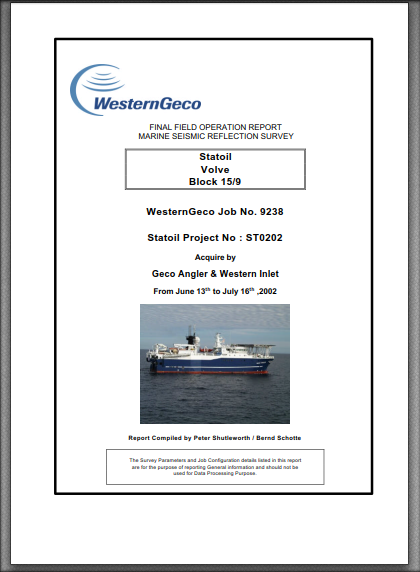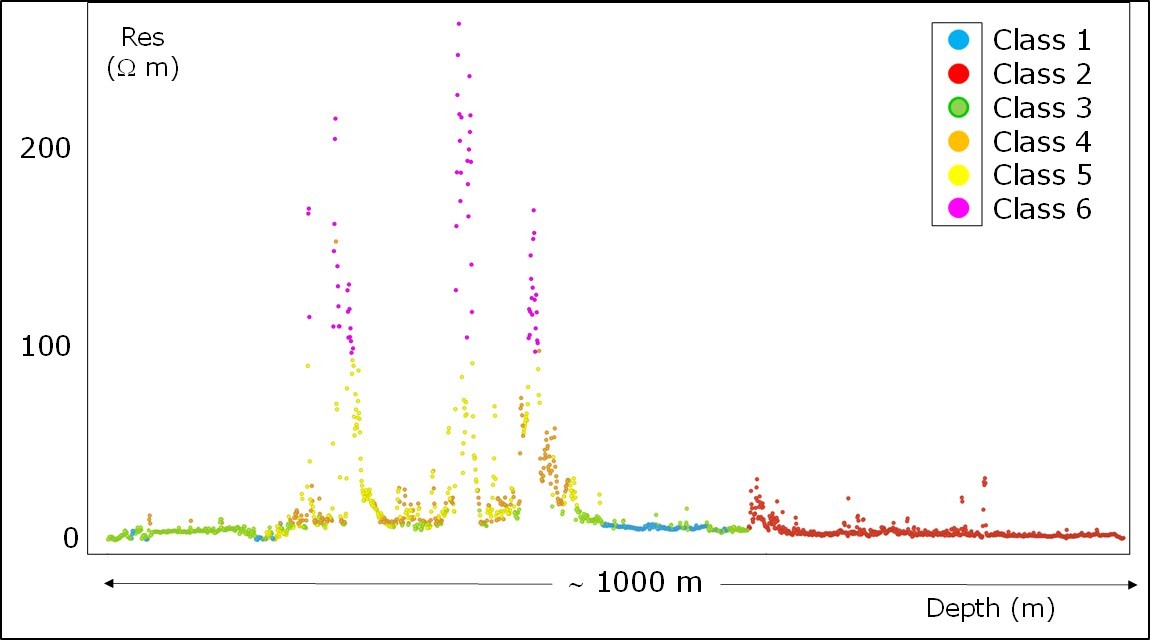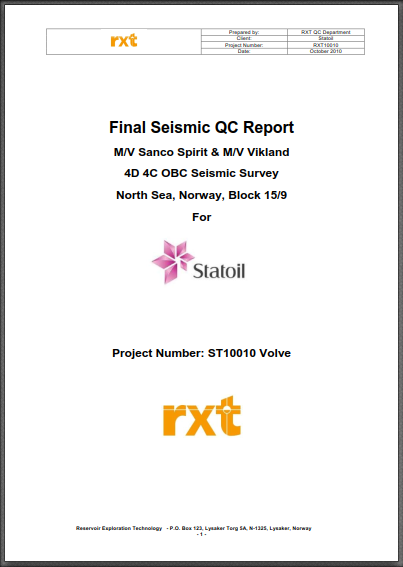Blog
A data science blog for Petroleum Engineering.Topics covered
All Blog posts by date
Hinton's Coursera course *Neural Networks for Machine Learning*
The machine learning course is little heavy in math but I would recommend to, at least, taking a look at some of the lectures to find out what AI and ML are about. You can browse as much as you want, for free, in Coursera.
Machine Learning for lithofacies classification from well logs by Paolo Dell'Aversana
Don’t miss reading this paper on an application of machine learning in petroleum engineering by Paolo Dell’Aversana.
References
Being proven wrong on Linux every day
Being proven wrong every day: “Open Source has no-warranty, no maintenance, insecure, no leaders” That’s what they said about Linux. And look where it is now. Ninety percent and above of the worldwide servers use Linux; 98% of mobile smart devices use Linux or Unix derivatives; active sensors, microprocessors and controllers in the field have underlying operating systems based on Unix. Finally, cherry on top: 99.9% of the supercomputers in the world use Linux.Python libraries for Production Engineering
Somebody asked me earlier if I know of libraries for Production Engineering written in Python. Meaning, open source code for production engineering, production optimization, artificial lift, or gas lift, specifically. Unfortunately, to my knowledge, there are not open source Python libraries for Production Engineering. Most of the applications or software for optimization and nodal analysis are proprietary requiring fees and and licenses. From that side, the curious petroleum engineer would have to code everything, practically, from scratch.Nested structures
One of the most challenging things in dealing with data is Nested Structures. In a perfect world, data would be tables (rectangular) and be tidy. If physicists are finding the right format, they should also work for petroleum engineering folks.
The image is a screenshot of Fig.1 from the paper [“Machine Learning in High Energy Physics Community White Paper”] (http://arxiv.org/abs/1807.02876)
Reinforcement Learning. Not an easy subject
Not an easy subject nor as common as supervised and unsupervised learning but key for making better intelligent machines.
Book by Andrew Barto and Richard S. Sutton: https://lnkd.in/ewb_MeJ
#petroleumengineering #machinelearning #digitalpetroleum #datascience
Is Windows in the comfort zone?
There is also a very controversial issue in this article such as Windows ecosystem is the comfort zone of developers and people alike. If you are serious about Application Development in Data Science, Machine Learning and Artificial Intelligence -, then you have to be get out of the comfort zone and start doing it in Linux. The terminal means reproducibility. Start with practicing Linux an hour a day. No?Seismic report 1.2 TB
Volve dataset.
Seismic report from the 1.2 terabytes file.
[ ](/files/ST0202 Volve 4C FFOR.pdf)
](/files/ST0202 Volve 4C FFOR.pdf)
The cloud and the sarcam of AWS easy as pie
Read from an article yesterday how learning the Cloud is a must if you are in data science and machine learning. I made some annotations: Although the article is a discussion on DevOps, there are parts that go beyond and touch data science and machine learning interests. That was just in case you thought you had it hard learning Python or R. The article is named How To Become a DevOps Engineer In Six Months or Less.Seismic report 2.6 TB
Volve dataset. Seismic report from the 2.6 terabytes file.
I was able to selectively download the report for the seismic acquisition in file Volve_Seismic_ST10010.zip. Thanks Yogendra Narayan Pandey for the Azure Explorer tip.
Does anyone with seismic expertise notice information of relevance?

